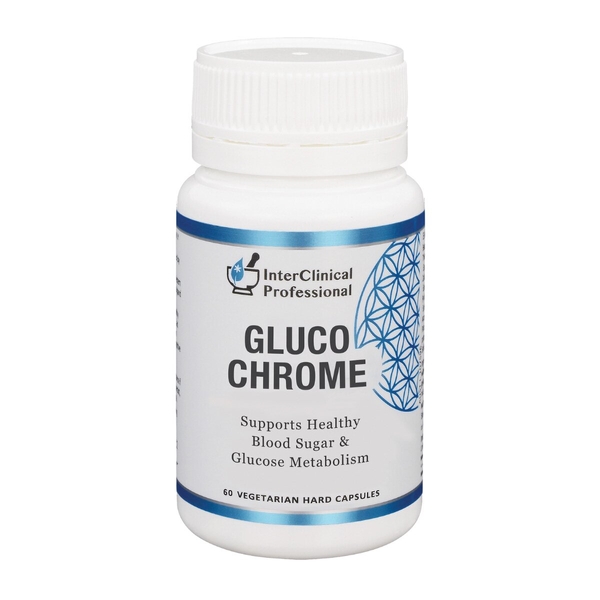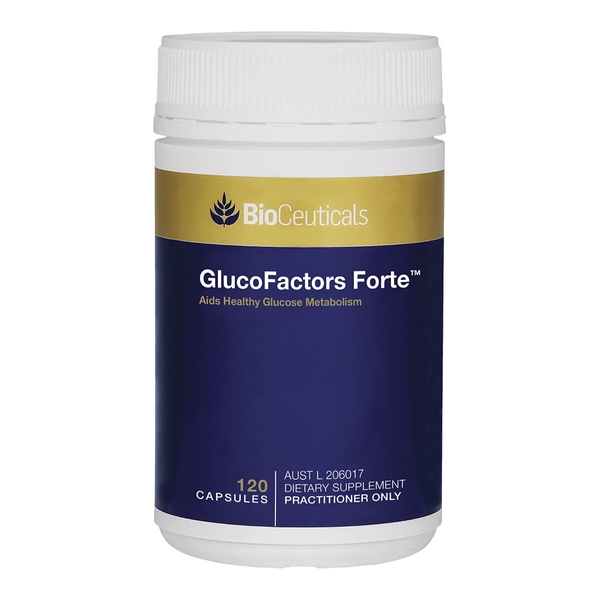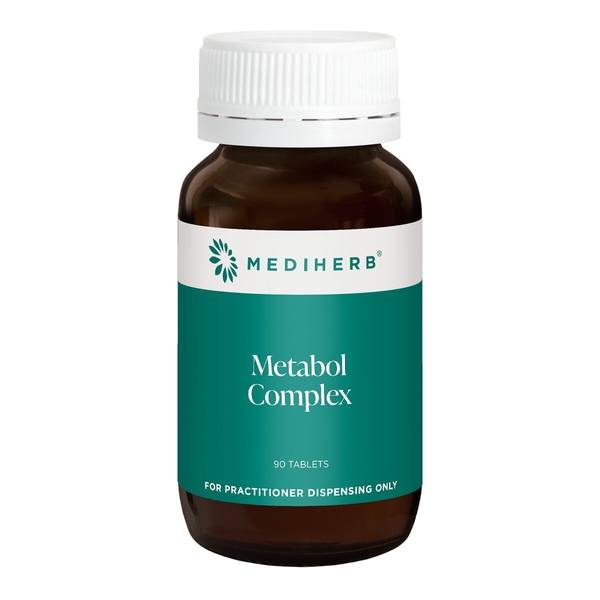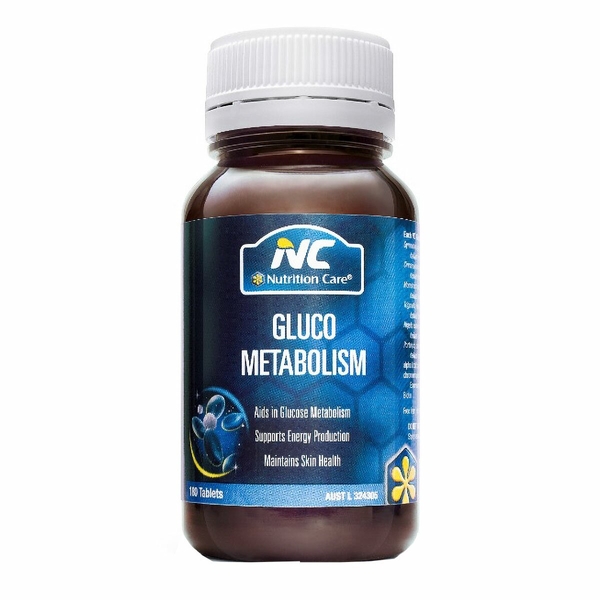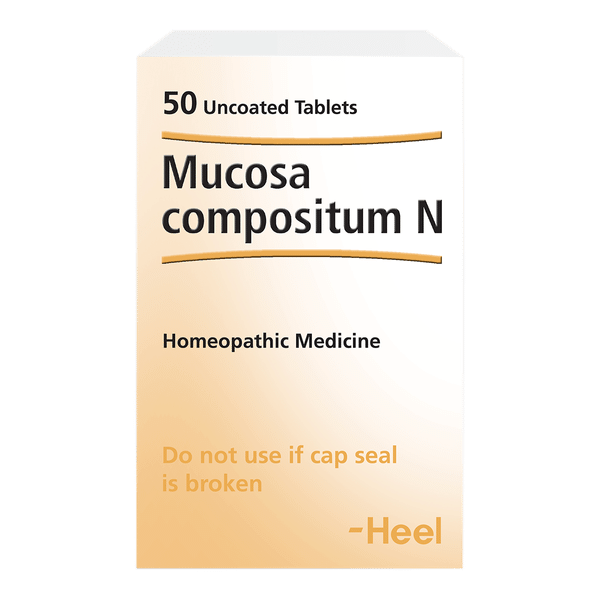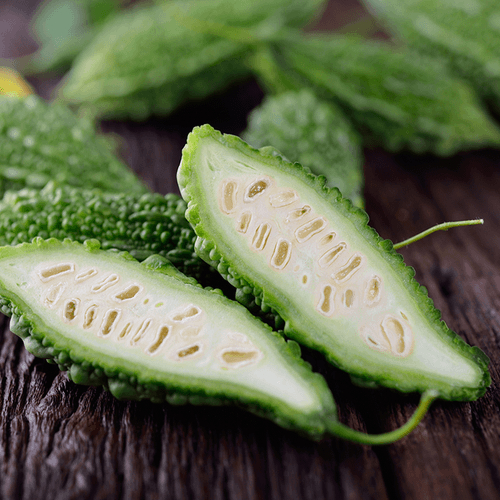
Bitter melon
Scientific names: Momordica charantia, Momordica murcata
Family: Cucurbitaceae
Alternate names: African Cucumber, Ampalaya, Balsam Pear, Balsam-Apple, Balsambirne, Balsamine, Balsamo, Bitter Apple, Bitter Cucumber, Bitter Gourd, Bittergurke, Carilla Fruit, Carilla Gourd, Cerasee, Chinli-Chih, Concombre Africain, Courge Amère, Cundeamor, Fructus Mormordicae Grosvenori, Karavella, Karela, Kareli, Kathilla, Kerala, Korolla, Kugua, Kuguazi, K'u-Kua, Lai Margose, Margose, Melón Amargo, Melon Amer, Momordica, Momordique, Paroka, Pepino Montero, Poire Balsamique, Pomme de Merveille, P'u-T'ao, Sorosi, Sushavi, Ucche, Vegetable Insulin, Wild Cucumber
Actions: Antineoplastic, Antioxidant, Antiviral, Cardiovascular, Hepatoprotective, Hormonal, Hypoglycemic, Hypolipidemic, Immunomodulatory, Weight loss
Background
Bitter melon (Momordica charantia) is a vine originally from India and other Asian countries. It has been traditionally used to treat diabetes.
Bitter melon contains a chemical that acts like insulin to help reduce blood sugar levels.
People commonly use bitter melon for diabetes, osteoarthritis, athletic performance, and many other conditions, but there is no good scientific evidence to support these uses.
Bitter melon is sometimes called bitter gourd. Don't confuse this with Ivy gourd, which is a different plant.
Bitter melon contains a chemical that acts like insulin to help reduce blood sugar levels.
People commonly use bitter melon for diabetes, osteoarthritis, athletic performance, and many other conditions, but there is no good scientific evidence to support these uses.
Bitter melon is sometimes called bitter gourd. Don't confuse this with Ivy gourd, which is a different plant.
Safety Safety definitions
When taken by mouth: Bitter melon is possibly safe when used for up to 4 months. Bitter melon might cause upset stomach in some people. There isn't enough reliable information to know if bitter melon is safe to use long-term.
When applied to the skin: There isn't enough reliable information to know if bitter melon is safe. It might cause a rash.
Breast-feeding: There isn't enough reliable information to know if bitter melon is safe to use when breast-feeding. Stay on the safe side and avoid use.
Glucose-6-phosphate dehydrogenase (G6PD) deficiency: Bitter melon seeds might cause severe anemia in people who have G6PD deficiency. Until more is known, avoid bitter melon seeds if you have G6PD deficiency.
Surgery: Bitter melon might interfere with blood sugar control during and after surgery. Stop using bitter melon at least 2 weeks before a scheduled surgery.
When applied to the skin: There isn't enough reliable information to know if bitter melon is safe. It might cause a rash.
Special Precautions & Warnings:
Pregnancy: Bitter melon is possibly unsafe when taken by mouth during pregnancy. Certain chemicals in bitter melon might harm the pregnancy.Breast-feeding: There isn't enough reliable information to know if bitter melon is safe to use when breast-feeding. Stay on the safe side and avoid use.
Glucose-6-phosphate dehydrogenase (G6PD) deficiency: Bitter melon seeds might cause severe anemia in people who have G6PD deficiency. Until more is known, avoid bitter melon seeds if you have G6PD deficiency.
Surgery: Bitter melon might interfere with blood sugar control during and after surgery. Stop using bitter melon at least 2 weeks before a scheduled surgery.
Effectiveness
Effective Effectiveness definitions
There is interest in using bitter melon for a number of purposes, but there isn't enough reliable information to say whether it might be helpful.
Dosing & administration
Bitter melon has most often been used by adults in doses of 0.5-12 grams by mouth daily for up to 16 weeks. Speak with a healthcare provider to find out what dose might be best for a specific condition.
Interactions with pharmaceuticals
Medications for diabetes (Antidiabetes drugs)
Interaction Rating=Moderate Be cautious with this combination.
Bitter melon might lower blood sugar levels. Taking bitter melon along with diabetes medications might cause blood sugar to drop too low. Monitor your blood sugar closely.
Medications moved by pumps in cells (P-Glycoprotein Substrates)
Interaction Rating=Moderate Be cautious with this combination.
Some medications are moved in and out of cells by pumps. Bitter melon might change how these pumps work and change how much medication stays in the body. In some cases, this might change the effects and side effects of a medication.
Pazopanib (Votrient)
Interaction Rating=Moderate Be cautious with this combination.
Bitter melon might increase how much pazopanib stays in the body. In some cases, this might increase the effects and side effects of pazopanib.
Interactions with herbs & supplements
Herbs and supplements that might lower blood sugar: Bitter melon might lower blood sugar. Taking it with other supplements with similar effects might lower blood sugar too much. Examples of supplements with this effect include aloe, cassia cinnamon, chromium, and prickly pear cactus.
Interactions with foods
There are no known interactions with foods.
Products
View all productsPer capsule:
- Momordica charantia (Bitter melon) ext. 100 mg
- Chromium chloride hexahydrate 821 μg equiv. chromium 160 μg
- Chromium picolinate 121 μg equiv. chromium 15 μg
- Alpha lipoic acid 33.5 mg
- Nicotinamide (Vitamin B3) 10 mg
- Glutamine 10 mg
- Glycine 10 mg
- Cinnamomum verum ext. 75 mg
- Cysteine hydrochloride monohydrate 10.5 mg equiv. cysteine 7.25 mg
- Ubidecarenone (Coenzyme Q10) 25 mg
Practitioner product
Per capsule:
Practitioner product
Practitioner product
Per tablet:
$49.95
OOS at supplier
Create account
return unknown
Per tablet:
- Momordica balsamina
- Argentum nitricum
- Atropa belladonna
- Hydrastis canadensis
- Mucosa coli suis
- Mucosa ductus choledochi suis
- Mucosa duodeni suis
- Mucosa ilei suis
- Mucosa jejuni suis
- Mucosa nasalis suis
- Mucosa oculi suis
- Mucosa oesphagi suis
- Mucosa oris suis
- Mucosa pulmonis suis
- Mucosa pylori suis
- Mucosa recti suis
- Mucosa vesicae felleae suis
- Mucosa vesicae urinariae suis
- Nux vomica
- Pancreas suis
- Pulsatilla
- Anacardium orientale
- Ceanothus americanus
- Condurango
- Ipecacuanha
- Kalium bichromicum
- Kreosotum
- Lachesis mutus
- Mandragora
- Oxalis acetosella
- Phosphorus
- Ventriculus suis
- Sulphur
- Veratrum album
Practitioner product
vital.ly has licensed monographs from TRC Healthcare.
This monograph was last reviewed on 12/09/2024 10:00:00 and last updated on 24/10/2020 01:51:17. Monographs are reviewed and/or updated multiple times per month and at least once per year.
Natural Medicines disclaims any responsibility related to medical consequences of using any medical product. Effort is made to ensure that the information contained in this monograph is accurate at the time it was published. Consumers and medical professionals who consult this monograph are cautioned that any medical or product related decision is the sole responsibility of the consumer and/or the health care professional. A legal License Agreement sets limitations on downloading, storing, or printing content from this Database. No reproduction of this monograph or any content from this Database is permitted without written permission from the publisher. It is unlawful to download, store, or distribute content from this site.

